
"The people who possess more properties will pay more tax on sales, cutting their profits a lot, which will make them throw less money into real estate," he said.
But many residents have concerns that the high taxes may result in another round of price hikes, as the new tax burden could easily be transferred from homeowners to homebuyers.
On the day after the measures were announced, sales of secondhand homes in Beijing reached a record high of 1,059 units.
Deng Lina is one of those buyers who rushed to secure a home before the tax is introduced. She found an apartment within a week and signed the contract on Tuesday in Shenzhen.
"I sold my old house in my hometown to pay for the down payment, but I could not wait to see if the price was going to rise higher," she said, adding that many of her friends are looking to buy properties now.
Hu Jinghui, vice-president of bacic5i5j.com, a leading property brokerage company, warned the increased costs may be shifted to homebuyers over the long term.
Qin said the shift will depend on housing supply and demand.
She said in a buyer's market, a tax shift will be relatively hard, while in a seller's market, where supplies of secondhand homes are limited, it will be much easier for sellers to pass on the increased cost to buyers.
Shen Li, a broker with HomeLink, another property brokerage firm, said her company puts secondhand home transaction taxes on buyers instead of sellers.
Jiang Weixin, minister of housing and urban-rural development, said on Monday that the ministry will wait to see what effects the new measures will have, adding that he is confident housing prices will be contained.
Xinhua contributed to this story.
 |

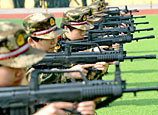


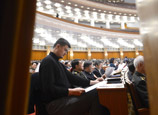
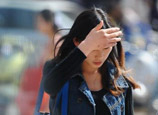


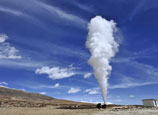
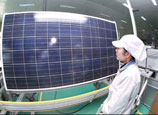






 Shanghai Disney Resort unveils resort concept
Shanghai Disney Resort unveils resort concept


![]()
